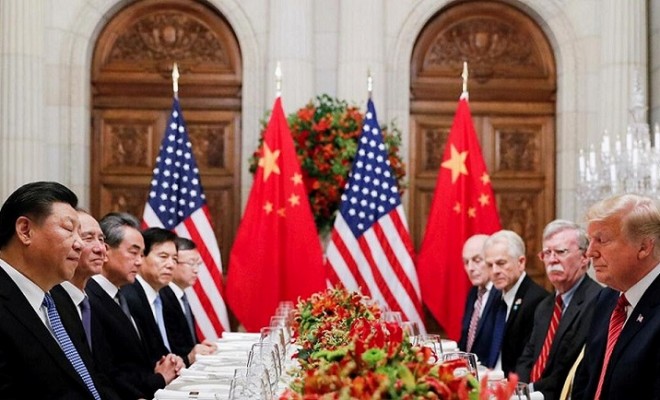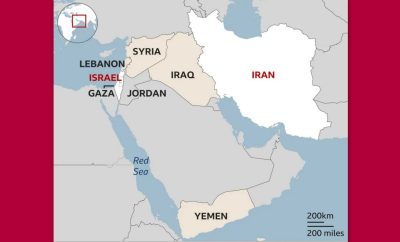
A bigger foreign policy mess than anyone predicted
Liberal internationalists striving for a freer, more cooperative world are faced with difficult questions, as 2020 sees nearly every region around the world and almost all major countries in a worse state than 10 years ago, argues Thomas Wright. This post originally appeared in The Atlantic.
Every four years, after the U.S. presidential election, the National Intelligence Council publishes a report looking ahead to the next two decades in global affairs. We do not have a report to mark the beginning of the 2010s, but the council’s 2012 report, “Alternative Worlds,” described two scenarios—the best plausible case and the worst plausible case. In the best-case scenario, “China and the United States cooperate on a range of issues, leading to broader global cooperation.” In the worst-case scenario, “the risks of interstate conflict increase. The US draws inward and globalization stalls.”
Reports like these encourage the reader to land somewhere in the middle, but that would be an egregious analytical error. The 2010s were far more disruptive than the National Intelligence Council’s worst-case scenario envisioned. It was a horrid decade for those who aspire to a more cooperative and freer world. Today, every region, with the possible exception of Africa, and almost all major countries are in a worse state than 10 years ago.
The scale of repression in China and the rise of Xi Jinping’s dictatorship; Donald Trump’s election as president and the return of “America first” rhetoric; the weakening of the European Union; the erosion of democracy in Poland, Brazil, India, the Philippines, and Hungary; the failure of the Arab Spring and the rise of a new generation of dictators in the Middle East; the devastation of the Syrian civil war; Vladimir Putin’s official return to Russia’s presidency and subsequent aggression against other countries; the collapse of diplomatic achievements such as the Iran nuclear deal and the Paris climate accord; the weaponization of social media; and the beginning of deglobalization—all of these trends would have seemed alarmist to even the most pessimistic of observers at the end of 2009.
No doubt, things could be worse. Trump has not (yet) blundered into a major security crisis or pulled out of NATO. Russia has not (yet) invaded the rest of Ukraine or other states. Xi is assertive internationally but not (yet) reckless. And, there is some good news. Extreme poverty is down. According to Save the Children’s 2019 report, “Children born today have a better chance than at any time in history to grow up healthy, educated, and protected.” After decades of problems, life expectancy in Russia is up. Inequality may be high around the world, but for the first time ever, more than half of the global population is categorized as middle class. New technologies promise breakthroughs in medicine and science. Arguably, more people have benefited from this good news than have been hurt by the bad. Americans continue to live their lives largely unaffected by the trouble around them. But this should still not give us much comfort.
Συνέχεια ανάγνωσης εδώ
Πηγή: brookings.edu




